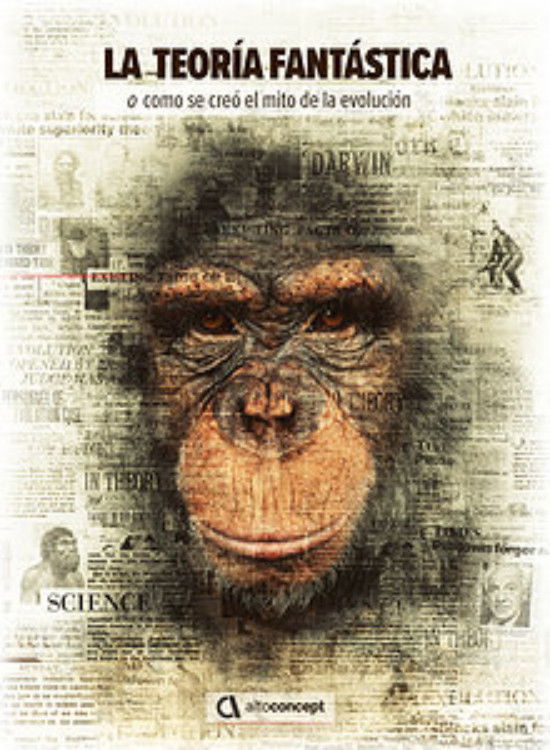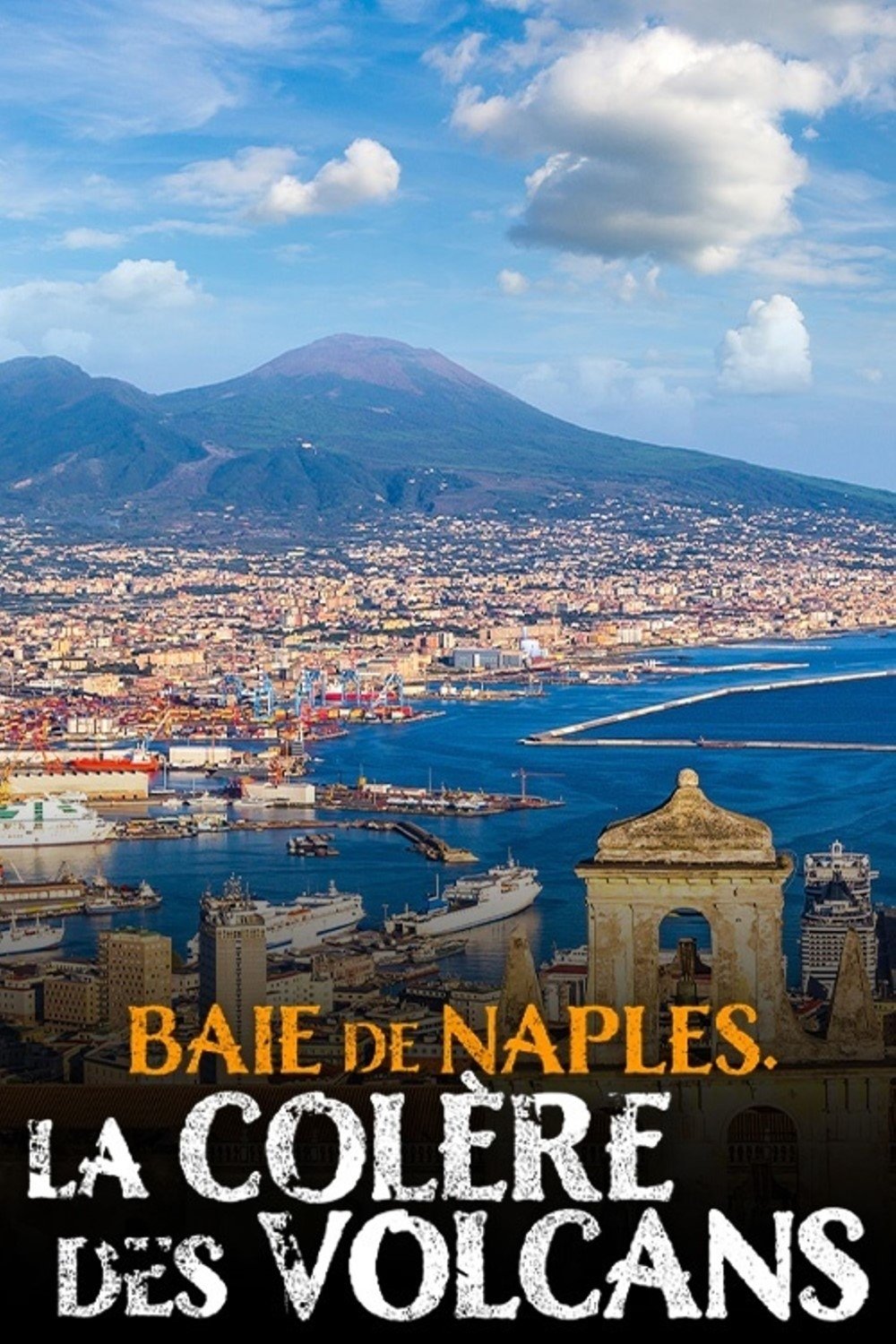Neanderthal Apocalypse (2015)
• September 19th, 2015 • 1h 29min
Documentary
Overview
40, 000 years ago the steppes of Eurasia were home to our closest human relative, the Neanderthals. Recent genetic and archaeological discoveries have proven that they were not the dim-witted cave dwellers we long thought they were. In fact, they were cultured, technologically savvy and more like us than we ever imagined! So why did they disappear? We accompany scientists on an exciting search for an answer to this question and come to a startling conclusion …
Make sure to check your pop-up blocker!!
Trailer
Similar Movies
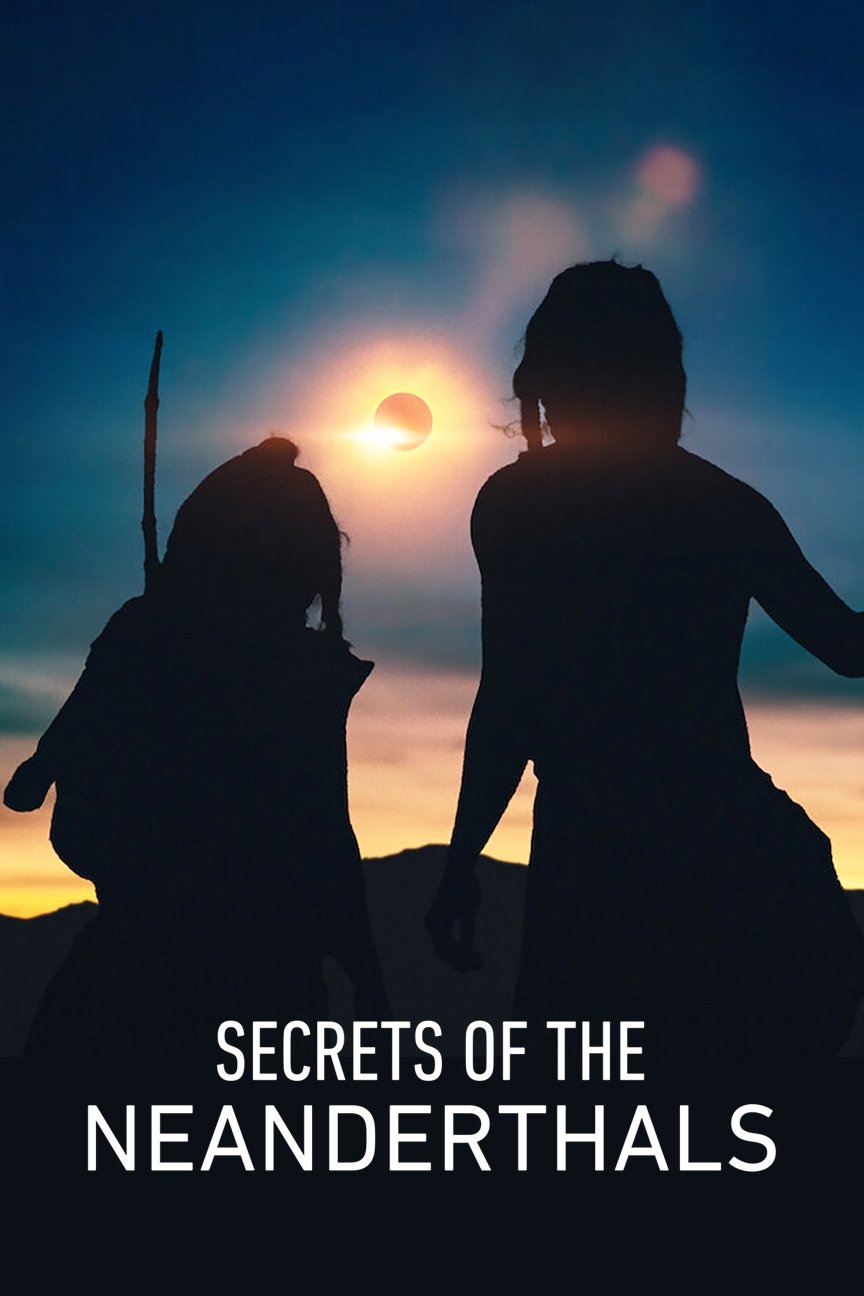
Secrets of the Neanderthals
Released on: 2024-05-02
Documentary, Mystery, History
This documentary delves into the mysteries surrounding the Neanderthals and what their fossil record...
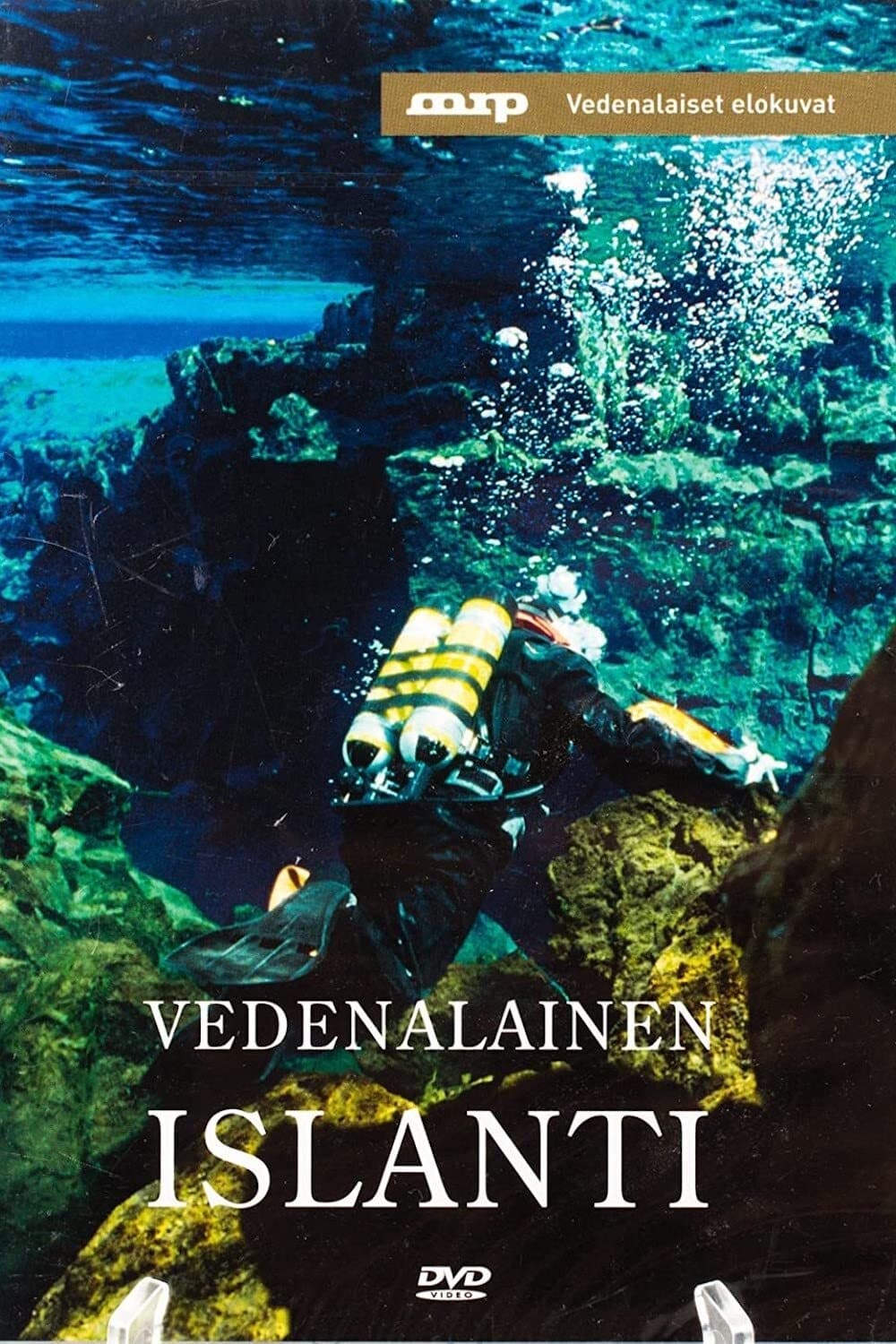
Underwater Iceland
Released on: 1997-05-09
Documentary
Marko Röhr's film crew takes the viewer to Europe's last unexplored area: Iceland's unique underwate...
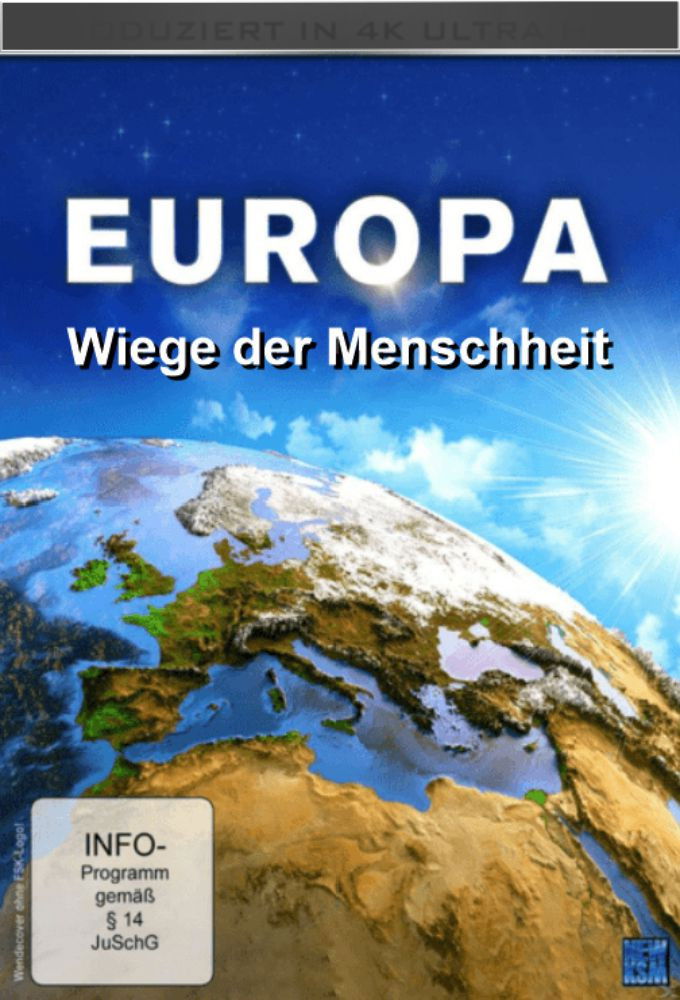
Out Of Europe
Released on: 2020-02-08
Documentary
Looking at whether the history of early human evolution should be rewritten. For decades, most exper...

Lon Marum
Released on: 2012-01-01
Documentary
A TV-hour length documentary film depicting the relationship between language, culture, place, music...
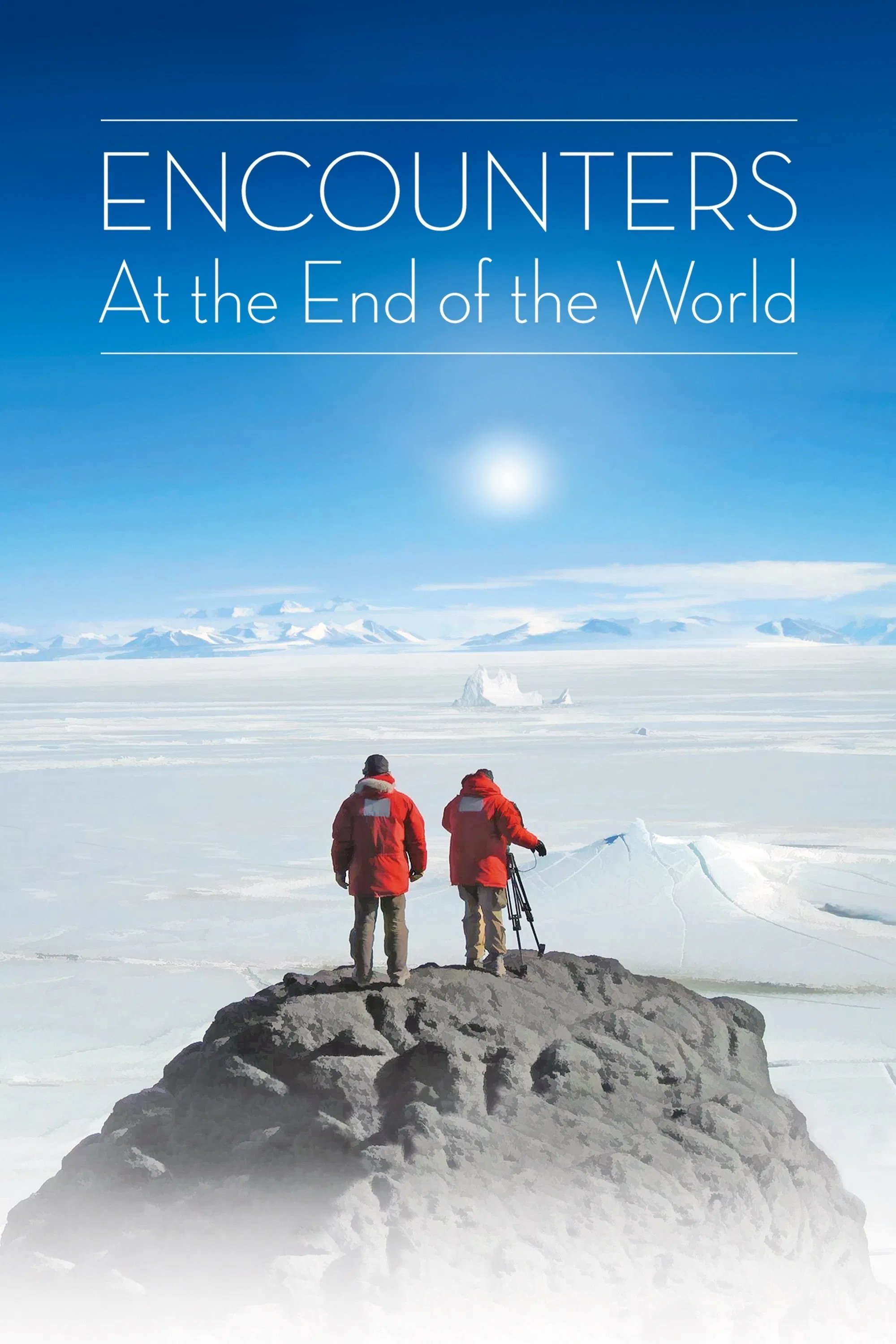
Encounters at the End of the World
Released on: 2007-09-01
Documentary
Herzog and cinematographer Peter Zeitlinger go to Antarctica to meet people who live and work there,...

To Teach a Bird to Fly
Released on: 2020-01-28
Documentary
This experimental nature documentary by Minna Rainio and Mark Roberts depicts climate change and the...
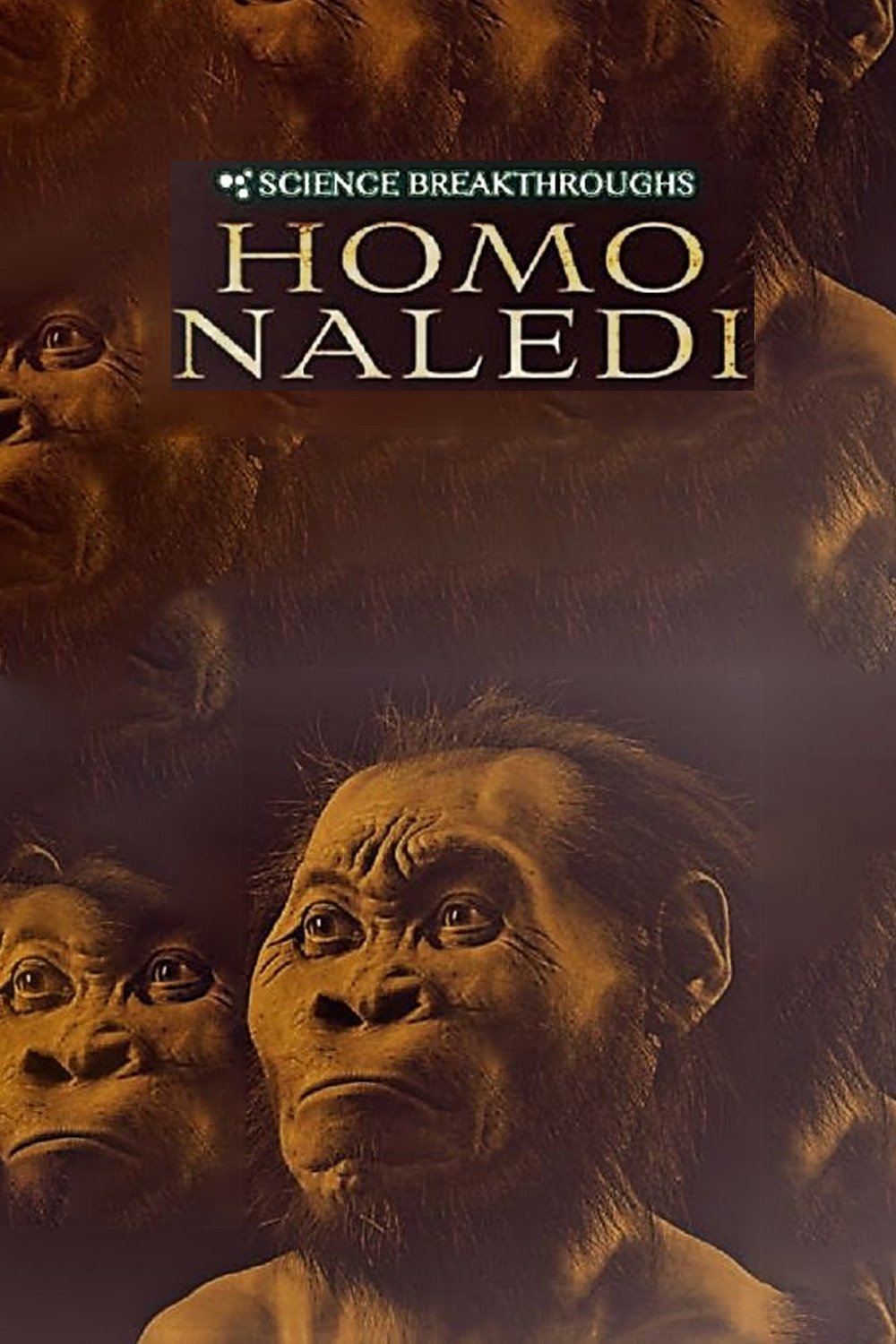
Science Breakthroughs: Homo Naledi
Released on: 2017-12-25
Documentary
Science Breakthroughs: Homo Naledi Discovered in 2013, new and puzzling finding of small-skulled fos...
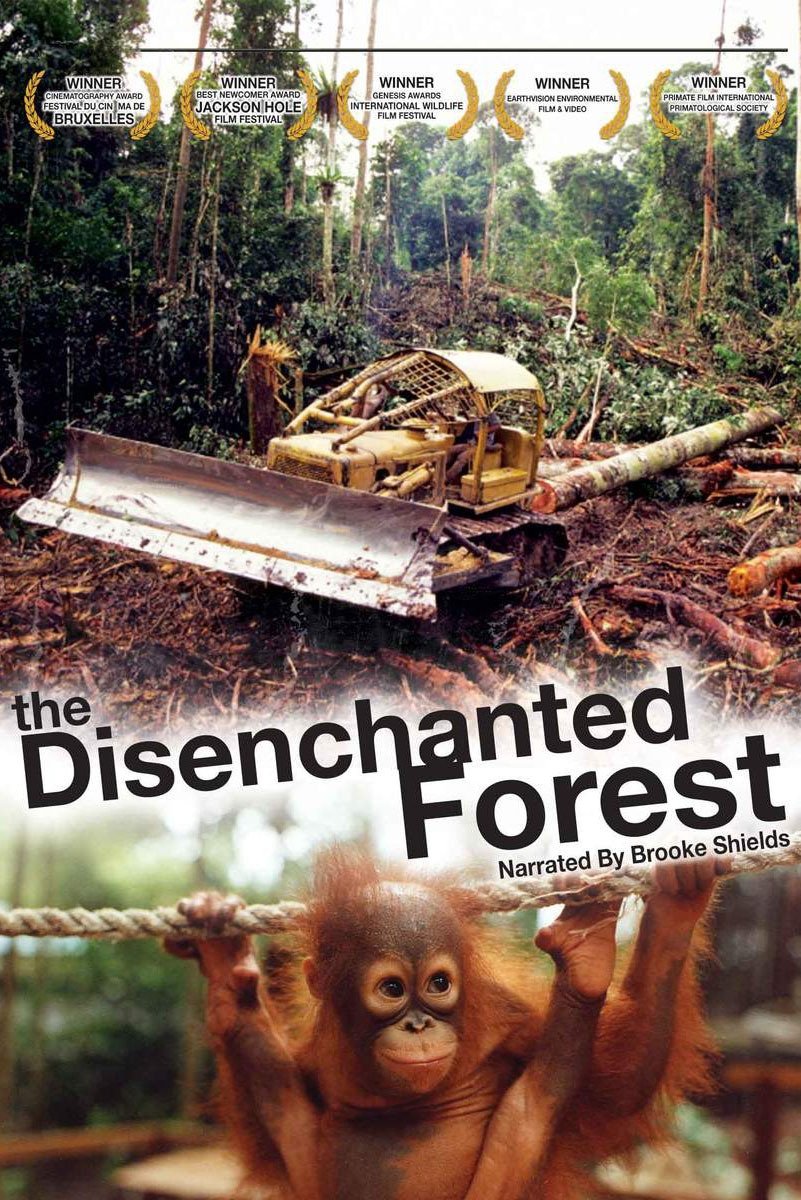
Disenchanted Forest
Released on: 2002-02-14
Documentary
We call them o-rang-u-tans, which literally means "forest persons" in the Malay and Indonesian langu...
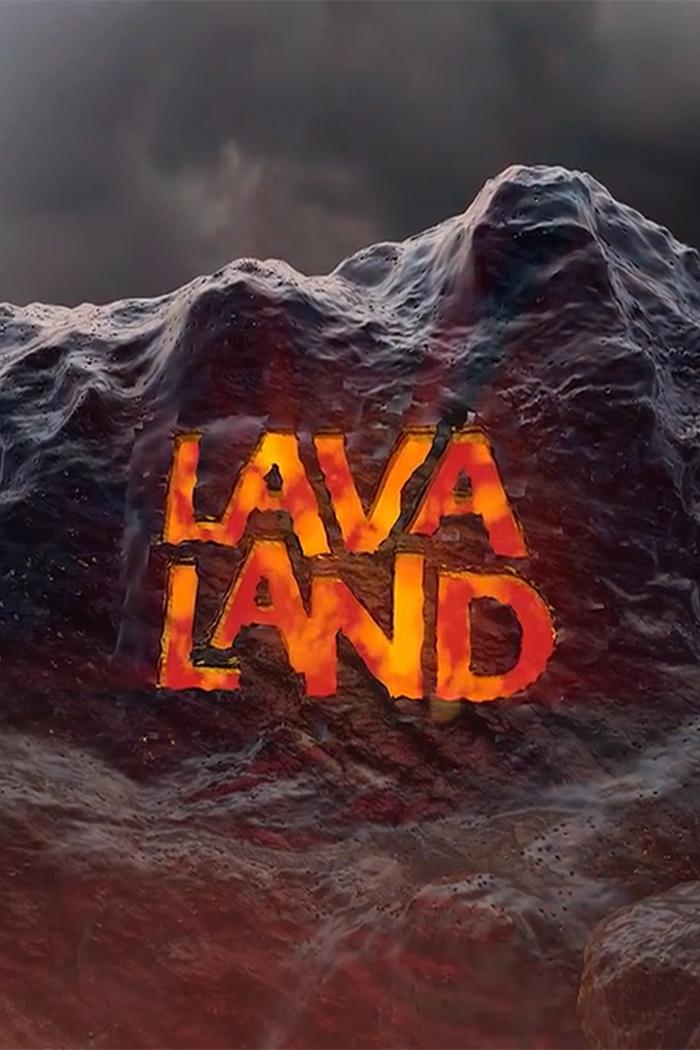
Lava Land - Glowing Hawaii
Released on: 2013-11-25
Documentary
Hawaii, with its tropical rainforests and diverse coral reef is a spectacular natural paradise for t...
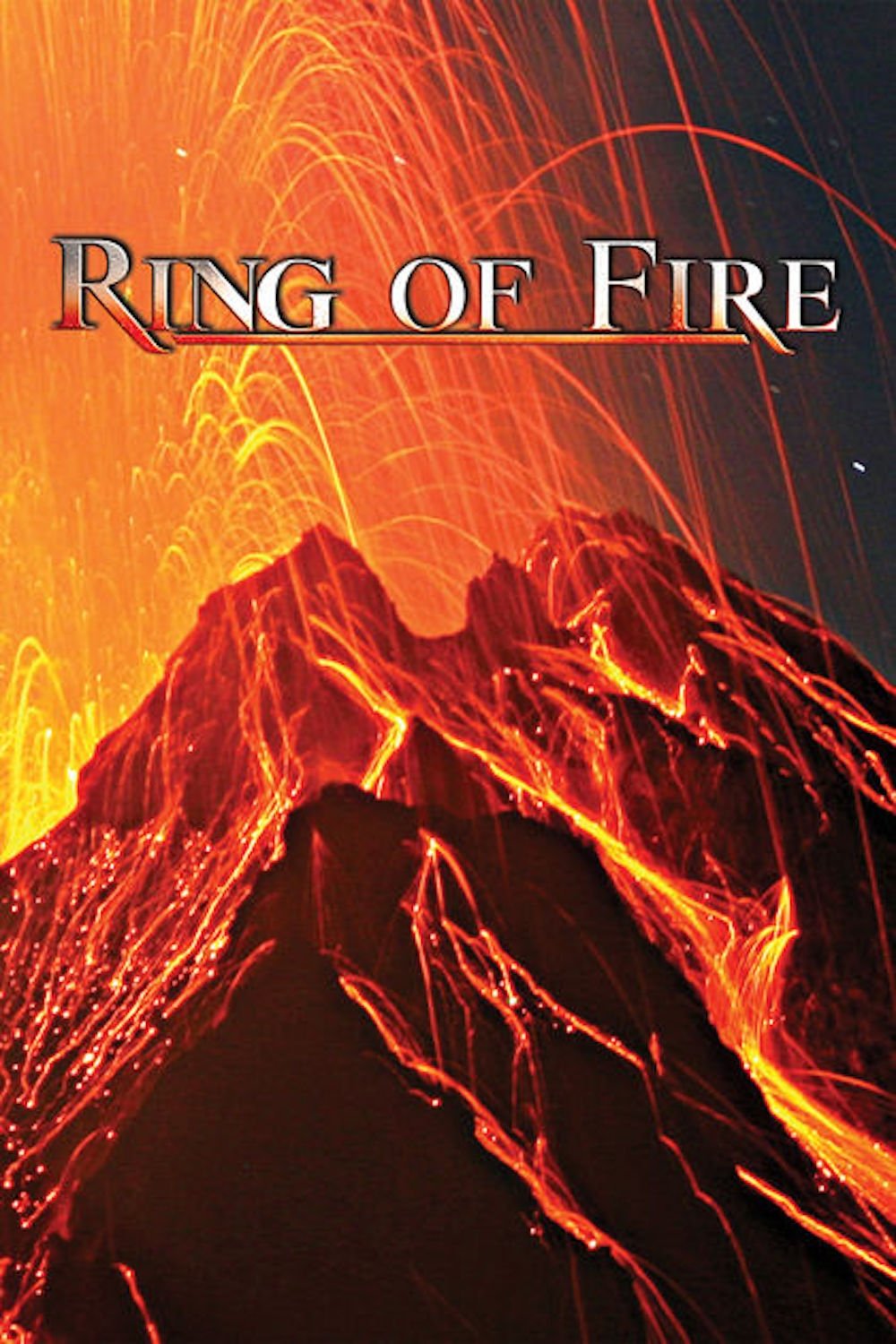
Ring of Fire
Released on: 1991-01-19
Documentary
Ring of Fire is about the immense natural force of the great circle of volcanoes and seismic activit...
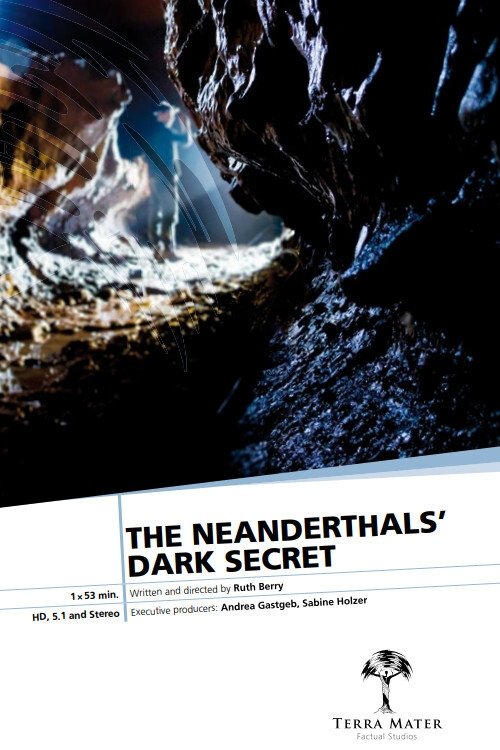
The Neanderthals’ Dark Secret
Released on: 2012-01-01
Documentary
49,000 year old Neanderthal bones have been discovered by chance in a remote, mountainous region of ...
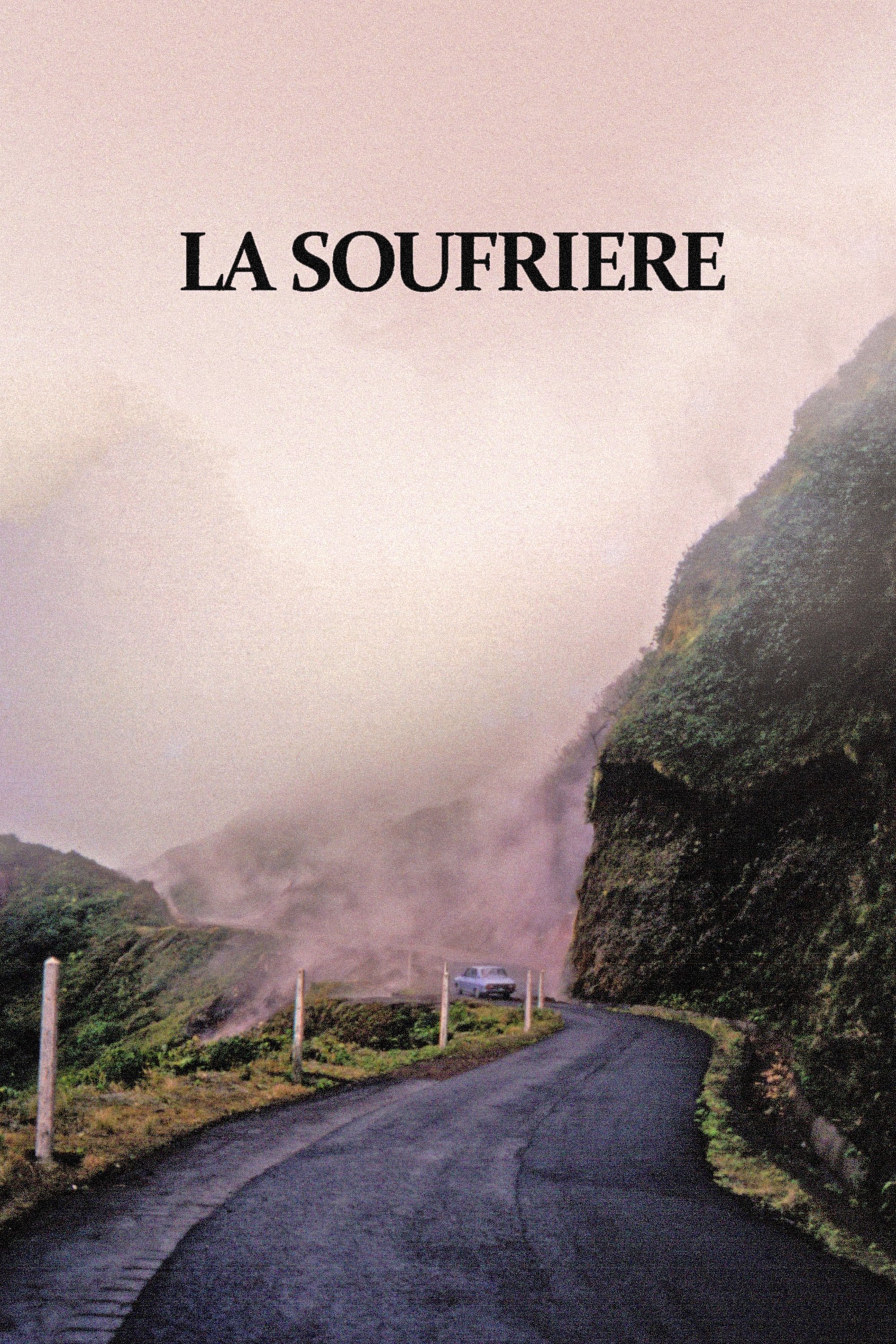
La Soufrière: Waiting for an Inevitable Catastrophe
Released on: 1977-10-01
Documentary
Werner Herzog takes a film crew to the island of Guadeloupe when he hears that the volcano on the is...
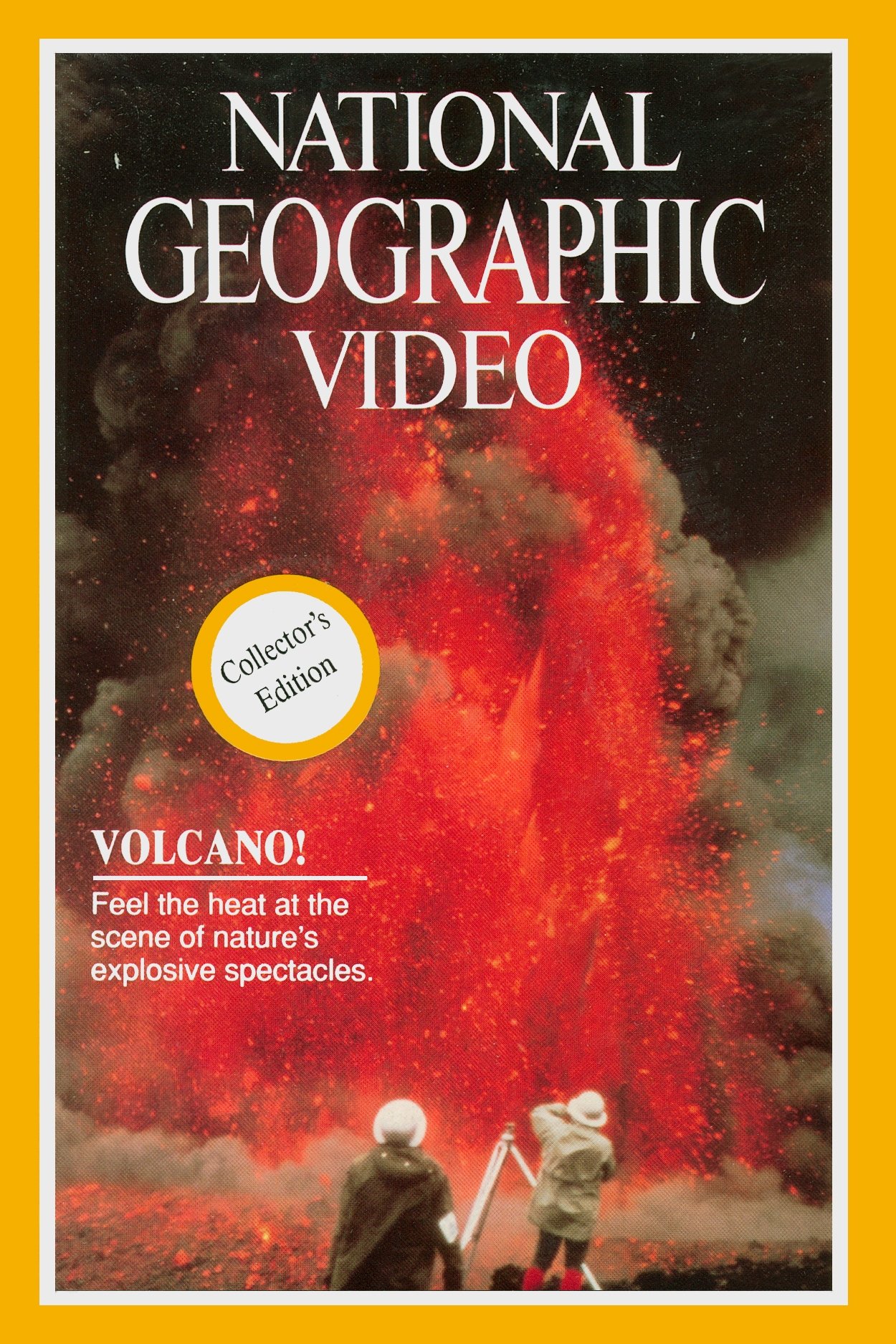
Volcano!
Released on: 1989-09-17
Documentary
For more than 20 years, Maurice & Katia Krafft have traveled the world. From Iceland to Hawaii, from...
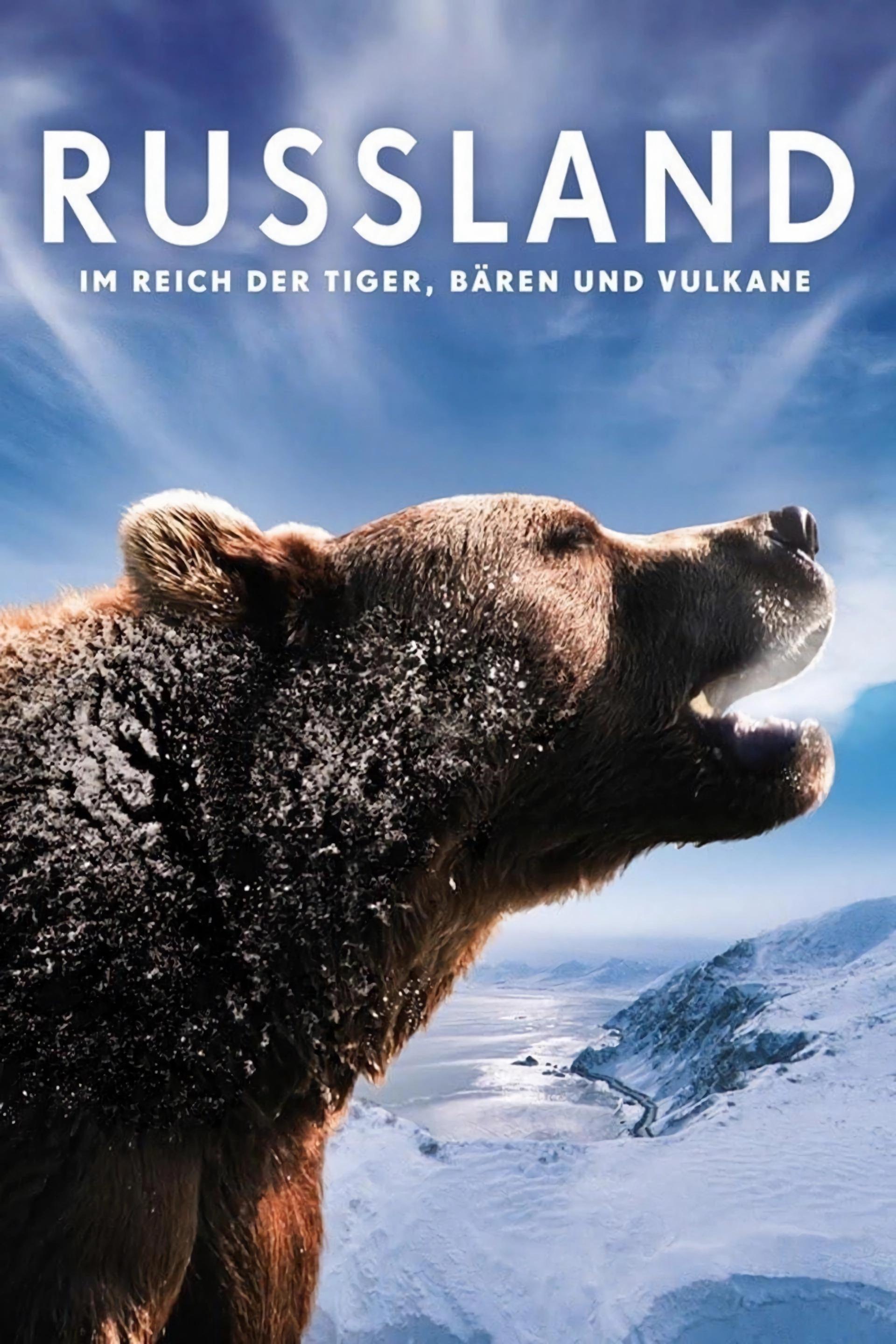
Russia - In the Realm of Tigers, Bears and Volcanoes
Released on: 2011-01-13
Documentary
A window into Russia, unknown to Western man, and even to many Russians. "Russia - the largest count...
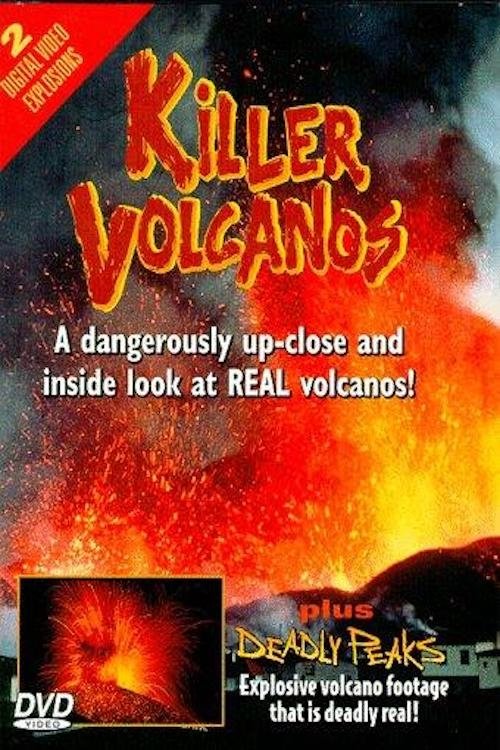
Deadly Peaks
Released on: 1997-07-15
Documentary
Documentaries by Katia and Maurice Krafft feature some of the amazing footage shot by the renowned v...
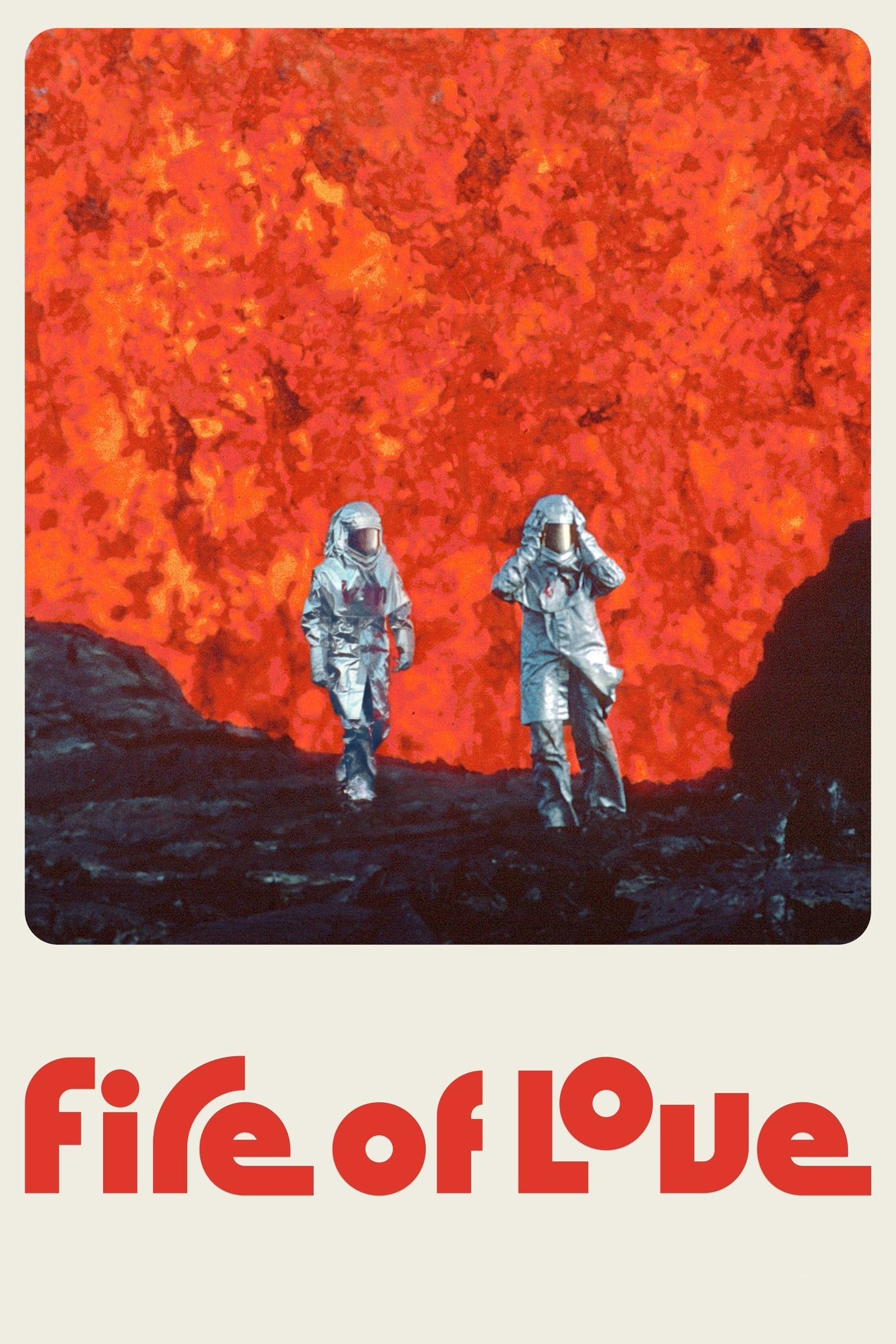
Fire of Love
Released on: 2022-07-06
Documentary
A doomed love triangle between intrepid French scientists Katia and Maurice Krafft, and their belove...
